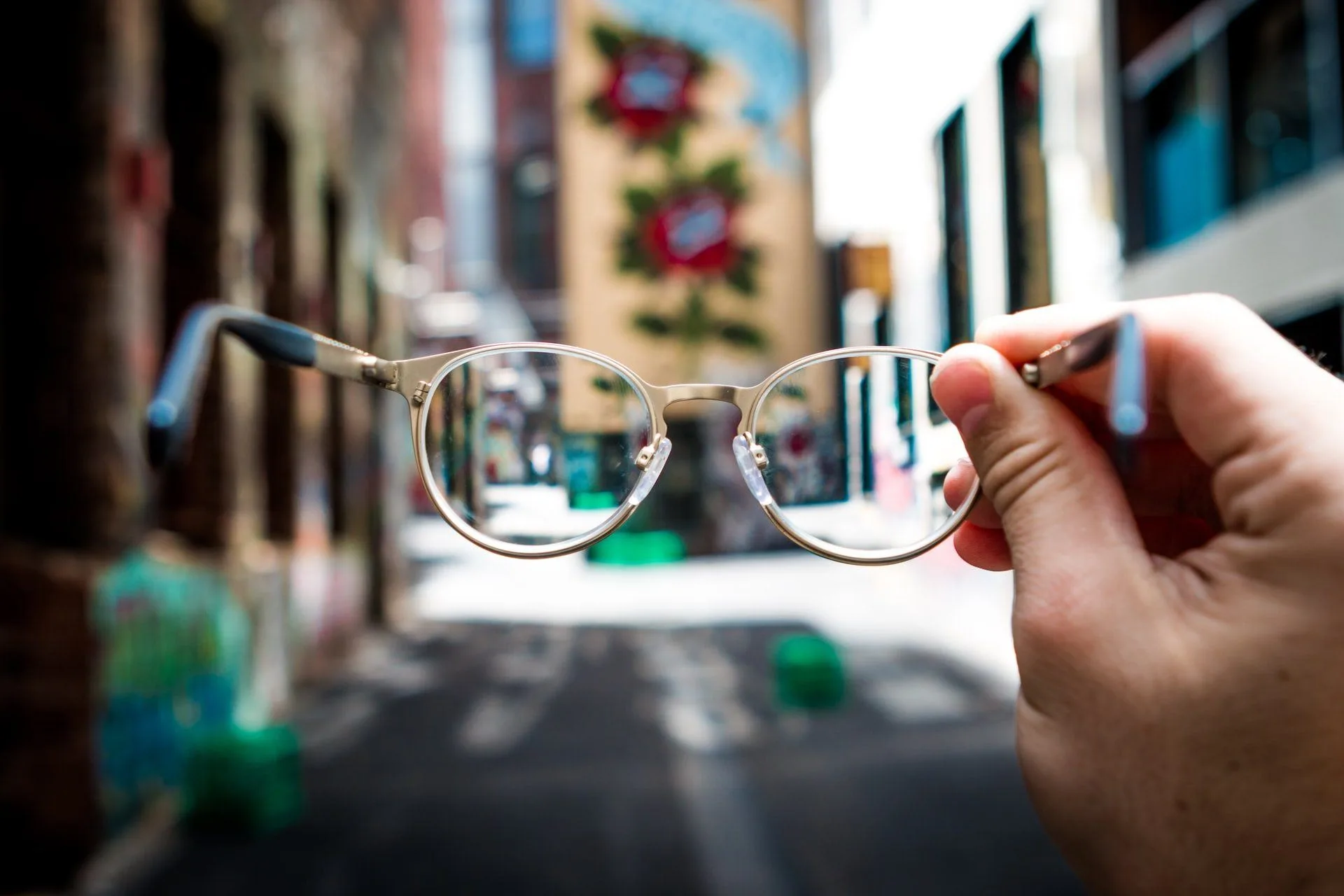Longevity LIVE Paid Content. Today, at least 2.2 billion people (one-third of all population) have some sort of visual impairment. And, why not?
When it comes to caring for your body, people give little to no attention to their eye health. But doing so will affect not only the vision but also mental one’s health. Yes, recent studies have linked poor eyesight with (short-term and long-term) mental weaknesses.
Read on to find how poor eyesight can affect your mental health and also find ways to prevent such eye infirmities.
Depression
Research indicates that people with poor vision significantly associate with depression-like mood disorders. In fact, a 2013 study confirmed that individuals with self-reported functional vision loss have a higher inclination for getting depressed compared to individuals who have no vision problems.
Symptoms like feeling down, anger, reduced sexual desire, insomnia, sleeping more than usual, and difficulty concentrating, and many more find their link with eye problems.

Photo by Christelle Hayek on Unsplash
Poor Eyesight Can Cause Anxiety
While even the most trivial things can make you feel out of control, eyesight is an influencing factor in heightening anxiety levels.
Sometimes even leading to long-term anxiety disorders.
From increased heart rate to periodically rapid breathing, restlessness to not falling asleep, all have something to do with the stress that can result in poor vision. Plus, other medical conditions like cardiovascular concerns, diabetes, arthritis, obesity can also accumulate anxiety.
Social Withdrawal
In a way, linked to depression, social withdrawal is also one of the physiological consequences of poor eyesight seen in patients. Not being able to cope with everyday activities, poor vision, subconsciously, has shown to make people helpless and left out from others.
Cognitive Decline
Emotional responses to the problems caused by poor eyesight may lead to a lot of stress among individuals. In turn, it can affect the central nervous system, leading to changes in the neurotransmitter system that contribute to your cognitive decline.
Hearing Impairment
The damage to the neural pathways may also have effects on sensory receptors.

Photo by Jessica Flavia on Unsplash
Mental Chronic Disease
Persistently depressed disorders, generalized anxiety disorders, and major depressive disorders that may have links to poor eyesight can have long-term effects on one’s mental health.
The Power Of Medical Intervention
While many eye concerns are entirely curable, some do not have a cure; still, the treatment slows down the progression of vision loss. Some ways medical intervention can help you:
Vitamins
Almost all age-related eye diseases can easily hinder by taking (recommended) additions of vitamins C and E, beta-carotene, zinc, copper, lutein, and zeaxanthin to cope with the deficiency.
Surgery
Be it visual acuity or cataract, eye surgery seems to have answers for major eye problems today. For instance, a person can get his cloudy eyes cured in just about 15 minutes with cataract surgery.
Laser Surgery
Not only the grave eye conditions, surgical procedures like LASIK (Laser-assisted in situ keratomileuses) are also well effective in treating vision concerns. Plus, you do not have to undergo repeated surgery as it permanently reshapes the tissue in the front of your eye.
Moreover, the side effects are zero to none.
Low-Vision Aids
With technological development, gadgets have been developed to aid people having trouble with eyesight.
Vision Therapy
Besides treating severe eye conditions, many practitioners have special programs that employ eye exercise and other vision therapies that strengthen the eye muscles to treat conditions like convergence insufficiency, strabismus, amblyopia, and dyslexia.

Photo by Hush Naidoo on Unsplash
Common Preventive Measures
While medical attention becomes compulsory when the eye condition gets worse; there are some practices to prevent it:
Get Routine Eye Checkups
You should regularly schedule with your optometrists for a comprehensive eye exam to counter issues like glaucoma, cataracts, detached retinas, macular degeneration, and other eye conditions.
AAO recommends individuals schedule an appointment every 5-10 years; however, speaking to my eye specialist in Brisbane, I found that people who wear prescription glasses should get an eye exam every 2-3 years. Additionally, the cycle further drops for people who have severe eye-related disorders and gets even less for infants.
Many people confuse eye exams with a vision exam; vision exams only identify visual acuity; an eye exam, on the other hand, is a group of tests performed to identify all eye-related infirmities.

Eat A Balanced Diet
A proper and balanced diet has a lot to do with eye health and sight. It can prevent significant eye conditions and treat trivial ones.
For instance, if your diet is rich in minerals and nutrients while being balanced. You can avoid ailments like cloudy vision (cataract), dry eyes, night vision, and even age-related eye problems.

Photo by Sam Moqadam on Unsplash
Who Is The Author?

Alice Markham
Alice Markham manages a team of expert content writers. She loves to help people who suffer some health issues in daily routine life.
She also covers other departments including, travel, lifestyle, food, and food management and wellness. Alice Markham has the reputation and experience that you need to take your daily lifestyle to the next level.



![women [longevity live]](https://longevitylive.com/wp-content/uploads/2020/01/photo-of-women-walking-down-the-street-1116984-100x100.jpg)










